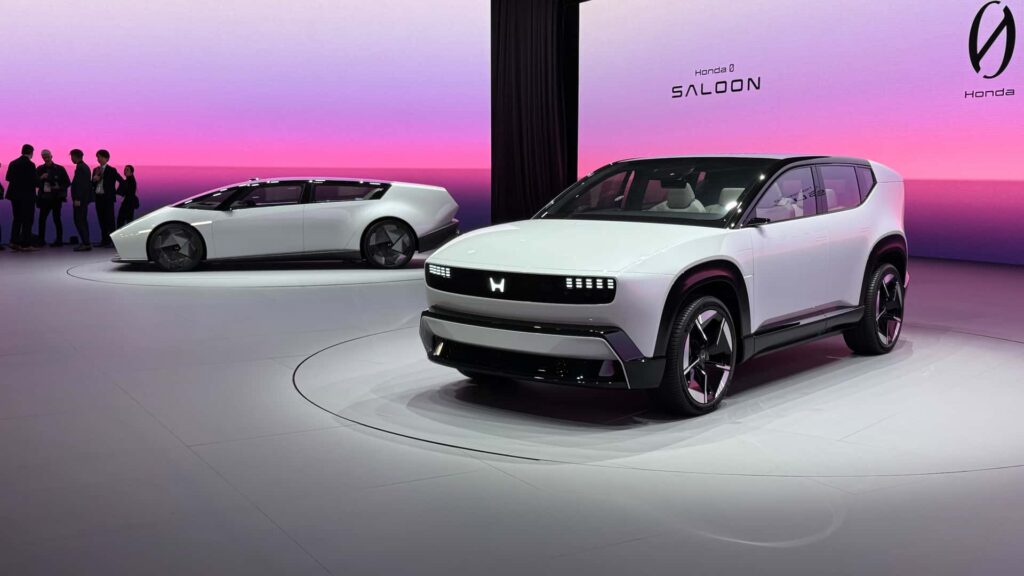Honda has announced a significant change in its investment strategy for electric vehicles (EVs) due to a slowdown in market demand. The automaker is reducing its planned investment in EVs and car software by 30%, citing lower than expected sales projections for electric cars in 2030. Honda now expects electric vehicles to account for around 20% of its sales by the end of the decade, down from the previously targeted 30%.
As part of its revised strategy, Honda will focus on launching 13 new hybrid models globally over the next six years. The company aims to introduce more hybrid vehicles to meet consumer demand and adapt to the changing market landscape. This shift in focus towards hybrids comes as a response to the current market conditions and the evolving preferences of customers.
The decision to scale back investment in EVs follows Honda’s earlier plans to invest $69 billion by 2030 to strengthen its electric vehicle and software capabilities. However, the company has now reduced this figure to $48.4 billion as it reevaluates its EV sales projections. This adjustment reflects Honda’s cautious approach in light of changing market dynamics and consumer preferences.
Earlier this year, Honda unveiled plans to launch two new electric models, the 0 Saloon and 0 SUV, designed with advanced autonomous driving capabilities. These models were set to be produced at Honda’s EV hub in Ohio, with additional electric vehicles in the pipeline. However, the company’s revised investment strategy raises questions about the future of these electric models and their production timelines.
In addition to its hybrid expansion, Honda remains committed to its long-term goal of transitioning to battery-powered and fuel-cell vehicles by 2040. Despite the challenges and uncertainties in the EV market, Honda is determined to stay on course with its sustainability goals and technological advancements.
Honda’s history with electric vehicles dates back to the 1990s when it developed one of the world’s first EVs without lead-acid batteries. Over the years, the company has had a limited portfolio of electric models, with only two electric crossovers currently available in the US market. The collaboration with General Motors on the Honda Prologue and Acura ZDX highlights Honda’s efforts to expand its electric vehicle offerings and explore new partnerships in the EV space.
In conclusion, Honda’s decision to realign its investment strategy underscores the challenges and uncertainties facing the electric vehicle market. By prioritizing hybrid models and maintaining its long-term vision for sustainable mobility, Honda aims to navigate the changing landscape of the automotive industry while staying true to its commitment to innovation and environmental stewardship.

